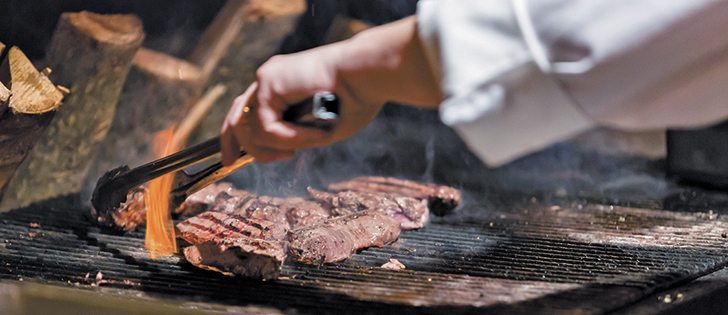When Canadian restaurant chain Earls announced it could not find a large and consistent enough supply of Canadian beef that met its certified humane criteria, there was a quick and emotional backlash.
Even though Earls later backtracked, its sourcing decision highlights Canada’s need for a more diversified beef system that creates more value for both farmers and consumers.
First, we must look at where in the supply chain the decisions are made regarding synthetic hormones, antibiotics and slaughter methods.
More than 90 percent of Canada’s federally inspected beef is slaughtered and processed by two foreign-owned companies — JBS of Brazil and U.S.-based Cargill — using two packing plants in Alberta and one in Ontario.
Read Also

Farmer ownership cannot be seen as a guarantee for success
It’s a powerful movement when people band together to form co-ops and credit unions, but member ownership is no guarantee of success.
These companies own the feedlots where they finish a large proportion of the cattle that supply their packing plants. They have a great deal of influence over the price paid for livestock, and thus the kinds of practices that make other feedlots economically viable.
Farmers have no say in packing plant slaughter methods nor in the pharmaceuticals used by large feedlots.
Canadian farmers and ranchers typically raise beef animals in relatively small herds that spend their summers grazing on pasture.
Cow-calf producers generally do not use hormones or antibiotics in the feed because they are expensive and unnecessary. Antibiotics are used when needed to treat sick animals, which is a humane practice.
Some farmers finish their beef (on grass or grain) and then direct-market to consumers or supply niche markets to obtain a price that reflects the production methods.
Most, however, sell into the system that Cargill and JBS control and take the price offered. It is not fair to blame farmers for the decisions of these corporations.
Earls changed its plans because of public pressure. The company’s change of heart underscores the fact that as family farmers we must stand together and fight for our market share.
By working with a network of locally owned, provincially in-spected abattoirs, Earls can contract with farmers who produce according to their specifications.
Cow-calf producers are already on-side. Smaller feedlots might need to be established to finish the cattle without using the hormones and prophylactic antibiotics.
Some abattoirs might need to invest in upgrades, but with an assured market they should be willing to do so. This investment would also allow them to serve a broader market.
With increasing consumer interest in local food, demand is likely to grow. Such an approach would help localize the food system and create a market for beef producers in each province where the restaurant chain operates.
The fact that Earls originally chose to look to the United States for a reliable source of certified humane beef — and still has not committed to buying all of its beef in Canada — also shows that Canada is far from being in a position to benefit from the Comprehensive Economic and Trade Agreement with the European Union.
If ratified, CETA will allow Canada to export more than 50,000 tonnes of beef per year to the EU.
However, like Earls, the EU excludes beef produced with the use of synthetic hormones and antibiotics, though it does not require Temple Grandin’s humane slaughter methods.
The Canadian Food Inspection Agency has helped large, foreign corporations dominate the federally inspected beef sector by designing a regulatory system that makes abattoirs so costly to operate it largely excludes smaller companies.
The Earls situation has highlighted the limitations of Canada’s commodity-oriented beef sector and the absurdity of claims that CETA is going to help farmers.
Farmers, ranchers and consumers would be better off if Canadian agriculture and food policy turned toward supporting a diverse, viable and transparent system that would make it easy for consumer-oriented companies to source their products from Canadian farms.
Earls customers have convinced the company that “Canadian” needs to be part of its ethical sourcing criteria. We hope their efforts will lead to more opportunities for Earls and other restaurants to buy their meat from local farmers.
Emery Huszka farms near Florence, Ont. He is a board member of the National Farmers Union and President of the National Farmers Union in Ontario.















